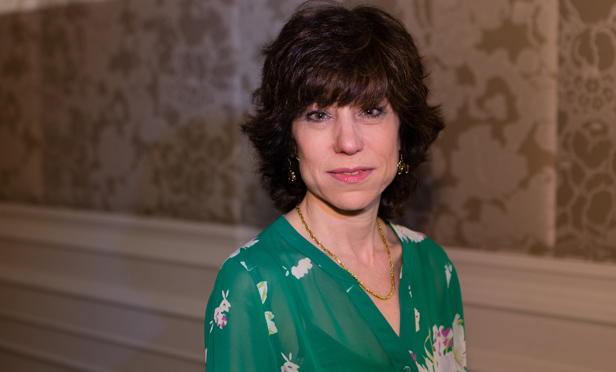Even though the goal of technology-assisted review (aka predictive coding) is to speed up the electronic datadiscovery process and reduce costs in document review, it still generates controversy. Maura Grossman, who focuses her practice on e-discovery and information management at Wachtell, Lipton, Rosen & Katz, will address some of the hurdles at LegalTech New York. Grossman, who serves as of counsel at the firm, will participate on two TAR-related panels, the first on Day 1 (Feb. 4), “Doing It Right: Combining Technology and Cooperation in e-Discovery,” (10:30 a.m.–11:45 a.m.) and “The Evolution, Uses and Case Studies of Technology-Assisted Review” (2:00 p.m.–3:15 p.m.). Both panels offer continuing legal education credit.
The morning Track 6 E-Discovery panel, sponsored by Daegis, also features moderator Ariana Tadler, a partner at Milberg; Ronni Solomon, partner at King & Spalding; Conor Crowley, of his self-named firm; and David Leone, director of litigation support services at Saul Ewing. The panel will address the issues of “cooperation and transparency, and how they apply to TAR,” says Grossman, who notes that controversy and disputes still percolate over protocols, and the degree to which both parties must collaborate during the EDD process. “Fear and uncertainty about the so-called ‘black box’ of TAR are generating disputes that threaten to overwhelm the cost savings and efficiencies that TAR can offer,” said Grossman. Until recently attorneys would not be asked–or required–to invite opposing counsel to be a part of the initial phases of the document review process, but because of “fear and distrust,” that is exactly what is happening with TAR, she said.



